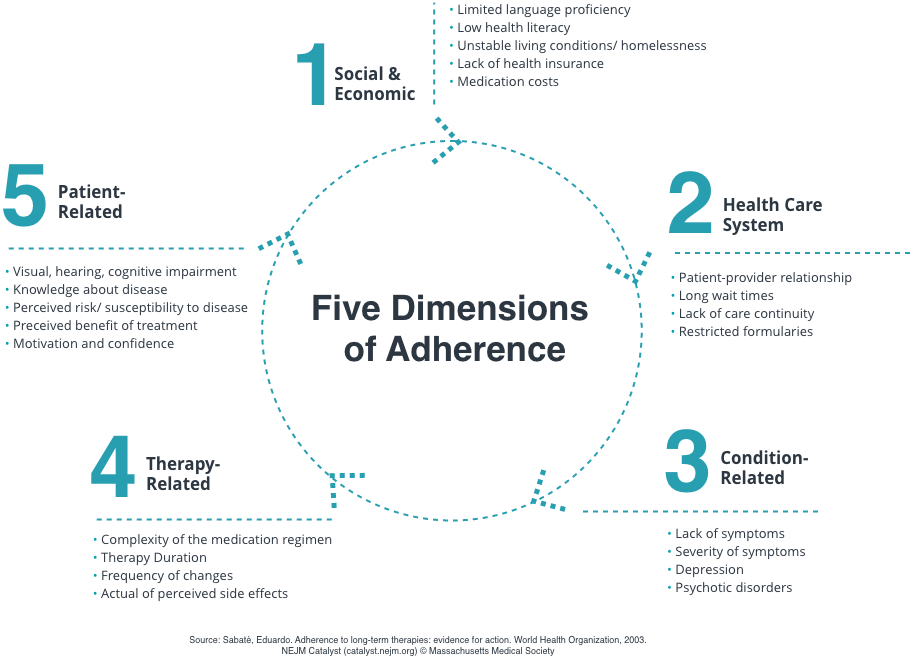Pharmacogenomics
The right drug, the first time
It is a recognized fact in medicine that individuals vary in their responses to drug therapy. The distinct differences in genetic makeup among individuals significantly influence pharmacokinetic and pharmacodynamic variabilities in drug response.
As a fundamental aspect of precision medicine, pharmacogenomics (PGx) has the potential to identify drug therapy responders and non-responders. This capability guides the creation of individualized treatment plans and dose optimization, aiming to maximize medication effectiveness and minimize toxicities in each patient.
Currently, over 350 medications include pharmacogenomic information in their FDA-approved labels and package inserts.
Aviah Solution
difference




The Aviah Your PGX Partner
A larger and more critical piece is the analysis and clinical application to achieve the desired outcomes.
The Aviah Live Pharmacogenomics Process

Having the patient’s genetic information before prescribing is crucial to the identification and prevention of drug-gene interactions (DGIs), or complex drug-drug-gene interactions (DDGIs) that can occur as a result of the superimposition of drug-drug interactions (DDIs) on drug-gene interactions (DGIs). This is especially the case in high-risk, medically-complex patients on multiple concomitant medications. This process ultimately guides the prospective selection of appropriate and personalized drug therapy for patients.
Benefits of Pharmacogenomics
Benefits of Pharmacogenomics
Mitigate medication-related risks
Improve medication adherence

The right drug, the first time
Over 30% of adults are prediabetic and at risk for developing type 2 diabetes. A proven route to preventing diabetes focuses on better nutrition, being more active, and reducing stress. Yet many Americans struggle to achieve these lifestyle modifications and continue to be at risk for diabetes, heart attack and stroke.






